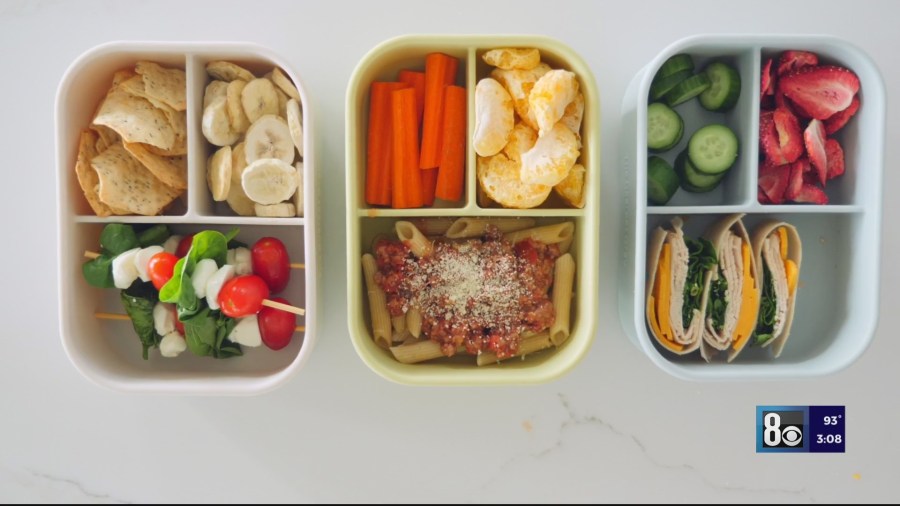Preparing for the Back-to-Back School Season
As the back-to-school season approaches, parents and students alike are getting ready for a new academic year. From buying school supplies to planning schedules, there’s a lot to consider. However, one often overlooked aspect of this transition is nutrition. Ensuring that children are well-nourished and energized can make a significant difference in their performance and overall well-being. Registered dietitian Mia Syn offers some practical tips and smart choices to help families navigate this time of year with ease.
The Importance of Balanced Nutrition
A healthy diet plays a crucial role in supporting cognitive function, energy levels, and mood. For students, maintaining a balanced intake of nutrients can improve focus, memory, and concentration during class. According to Mia Syn, incorporating a variety of whole foods into meals and snacks can provide the necessary fuel for the day. This includes fruits, vegetables, whole grains, lean proteins, and healthy fats.
- Fruits and vegetables: These are rich in vitamins, minerals, and antioxidants that support immune health and brain function.
- Whole grains: Foods like brown rice, quinoa, and whole wheat bread offer sustained energy throughout the day.
- Lean proteins: Sources such as chicken, fish, eggs, and legumes help build and repair tissues, while also promoting satiety.
- Healthy fats: Nuts, seeds, and avocados provide essential fatty acids that support brain health.
Smart Snacking for Students
Snacks can be an excellent way to maintain energy levels between meals, but it’s important to choose wisely. Many processed snacks are high in sugar and unhealthy fats, which can lead to energy crashes and difficulty concentrating. Instead, opt for nutrient-dense options that provide lasting satisfaction.
Tolong support kita ya,
Cukup klik ini aja: https://indonesiacrowd.com/support-bonus/
Some recommended snacks include:
- Greek yogurt with fresh berries
- Apple slices with almond butter
- Hard-boiled eggs
- Trail mix with nuts and dried fruit
- Carrot sticks with hummus
These choices not only provide essential nutrients but also help keep hunger at bay without causing spikes in blood sugar.
Hydration: An Often Overlooked Factor
Staying properly hydrated is another key component of a healthy lifestyle, especially for students who may forget to drink enough water throughout the day. Dehydration can lead to fatigue, headaches, and difficulty focusing. Encouraging children to carry a reusable water bottle and sip regularly can make a big difference in their overall health and performance.
Planning Ahead for Busy Schedules
With the demands of school, extracurricular activities, and homework, meal planning can become challenging. Mia Syn suggests preparing meals in advance or packing healthy lunches to avoid relying on fast food or vending machine snacks. Batch cooking on weekends or using a slow cooker can simplify the process and ensure that nutritious meals are always available.
Additionally, involving children in meal preparation can teach them valuable life skills and encourage them to make healthier choices. When kids are part of the process, they are more likely to eat what they help create.
Creating a Supportive Environment
Beyond food choices, creating a supportive environment at home can also contribute to a student’s success. Establishing regular meal times, limiting screen time before bed, and encouraging physical activity can all play a role in maintaining a healthy lifestyle. These habits not only benefit the body but also promote mental well-being and better sleep.
By taking a proactive approach to nutrition and wellness, families can set the stage for a successful and energizing school year. With thoughtful planning and mindful choices, students can thrive both academically and physically.







